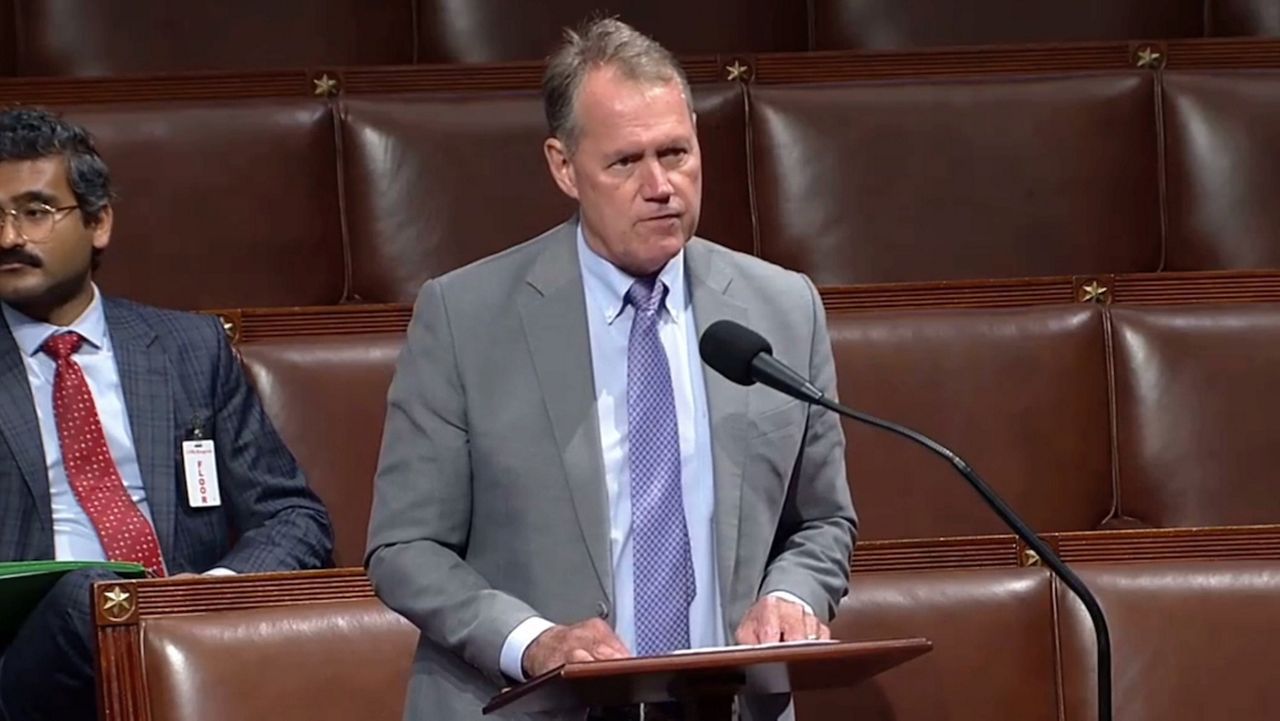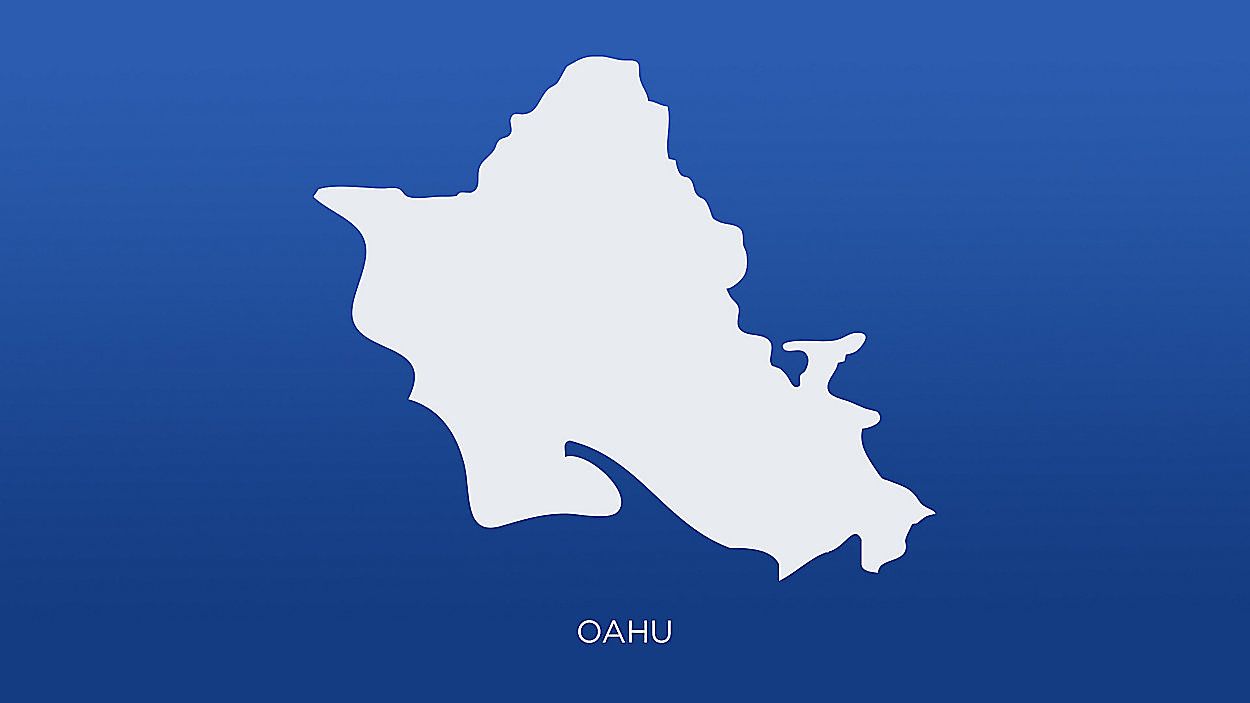U.S. Rep. Ed Case reintroduced last week an expanded version of the already expansive Boosting Long-term U.S. Engagement in the Pacific Act, which builds on developments in both Pacific Island communities and U.S. policies over the last few years.
“The lands and waters of the jurisdictions spread across Melanesia, Micronesia and Polynesia comprise an area larger than the land areas of China and Russia combined and represent a major portion of the vast Pacific Ocean and our Earth’s surface,” Case said in a statement issued on Saturday. “The peoples of these islands have developed their own proud cultures and identity over millennia, and for centuries now have shared common values and visions and historic, cultural, economic and strategic ties with the United States. Our presents and futures are entwined; they are being and will be determined jointly.”
The BLUE Pacific Act, first introduced in 2020 and reintroduced in the last two Congressional sessions, lays out a vision and framework for U.S. policy in the Pacific Islands over the next generation. Many of the provisions included in previous versions of the bill have been incorporated in other bills, including the America COMPETES Act, and/or funded in appropriations measures like the Fiscal Year 2023 House State and Foreign Operations Appropriations bill.
Case was joined in the reintroduction of the measure by members of the Congressional Pacific Island Caucus, including Reps. Jill Tokuda, D-Hawaii; James Moylan, R-Guam; Rick Larsen, D-Wash; Brad Sherman, D-Calif.; Dina Titus, D-Nev.; Raja Krishnamoorthi, D-Ill.; Josh Gottheimer, D-N.J.; Zachary Nunn, R-Iowa; and Donald Norcross, D-N.J.
According to Case, the updated measure incorporates aspects of the Pacific Island Forum’s 2022 Strategy for the Blue Pacific Continent and requires continued support for and quadrennial updates to the Pacific Partnership Strategy, released at the 2022 U.S.-Pacific Islands Summit in Washington, D.C.
“Deterring aggression in the Indo-Pacific and restoring America’s leadership on the global stage — as President Trump has declared in his ‘America First’ agenda — means more than just putting our interests above everyone else’s,” Tokuda said. “We cannot lead and succeed without our allies and partners, especially those in the Pacific Islands region who tell us time and again that their greatest threat is climate change and what it means for their people. Failing to meet our allies and partners on something so existential is a sure-fire way to turn them away, and we simply cannot afford that if we are serious about national security.”
Tokuda said the measure would “recenter” foreign policy on regionalism and sovereignty, people-centered development, democracy and human rights, and climate change and the environment — issues most relevant to Pacific Island nations.
The reintroduced bill updates the list of U.S. allies and partners in the Pacific region; requires the secretary of state to submit a strategy for strategic communications in the Pacific Islands, including a review of current and planned efforts and resources needed; designates the Pacific Islands Forum as an international organization with diplomatic privileges to encourage the establishment of a PIF mission in the U.S.; directs the secretary of state to designate a senior official to administer the Compacts of Free Association; and allows for the continuation of the Ambassador’s Self-Help Small Grants Program, which provides targeted funding for small-scale projects and increases the flexibility of U.S. funding resources across the Pacific.
In addition, the bill codifies the Indo-Pacific Media Advancement Program; authorizes expansion of programs fostering people-to-people ties between the U.S. and Pacific Islands (including the Youth Ambassadors Program, the Academy of Women Entrepreneurs, the Minority Serving Institutions Partnerships Initiatives to the Pacific, the U.S.-Pacific Institute for Rising Leaders Fellowship, and the Global STEM Development Scholarship Program); and establishes the Committee on Engagement with Civil Society Organizations.
Michael Tsai covers local and state politics for Spectrum News Hawaii. He can be reached at michael.tsai@charter.com.










